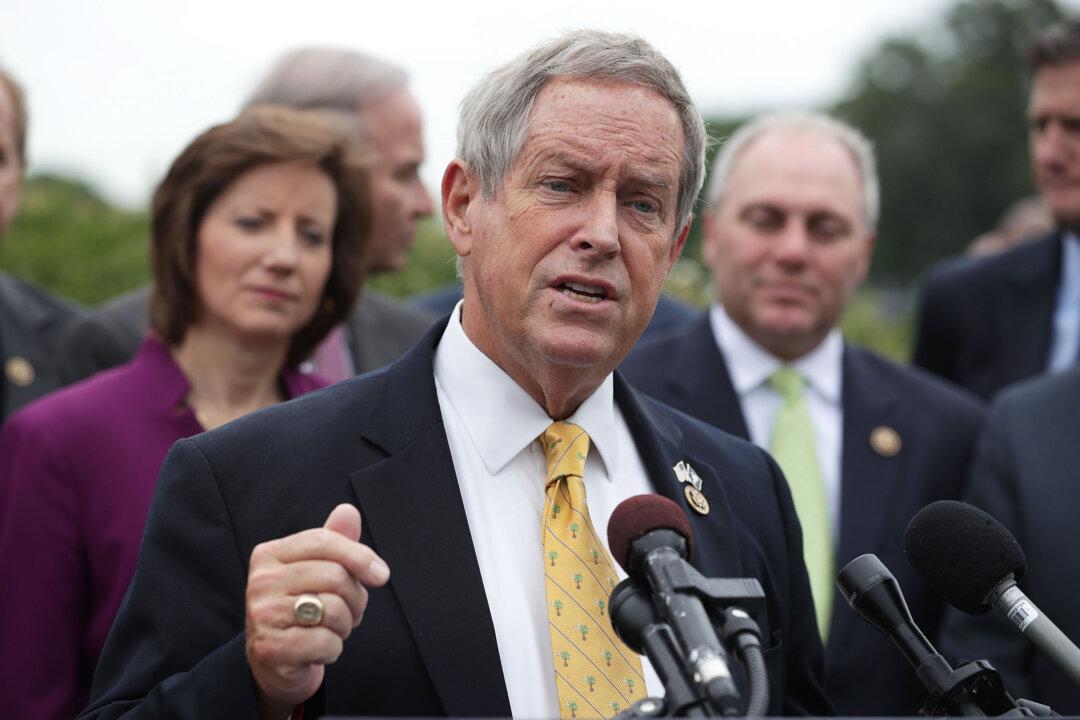A total of 27 states with right-to-work (RTW) laws on their books saw a significant increase in household employment during the CCP Virus-induced pandemic, while the 23 states without such statutes saw huge losses, according to the most recent data from the Department of Labor’s Bureau of Labor Statistics (BLS).
There were 78.3 million employed individuals in the RTW states in February 2020, when the economic impact of the virus that’s also known as novel coronavirus, first began to be felt across the nation.





